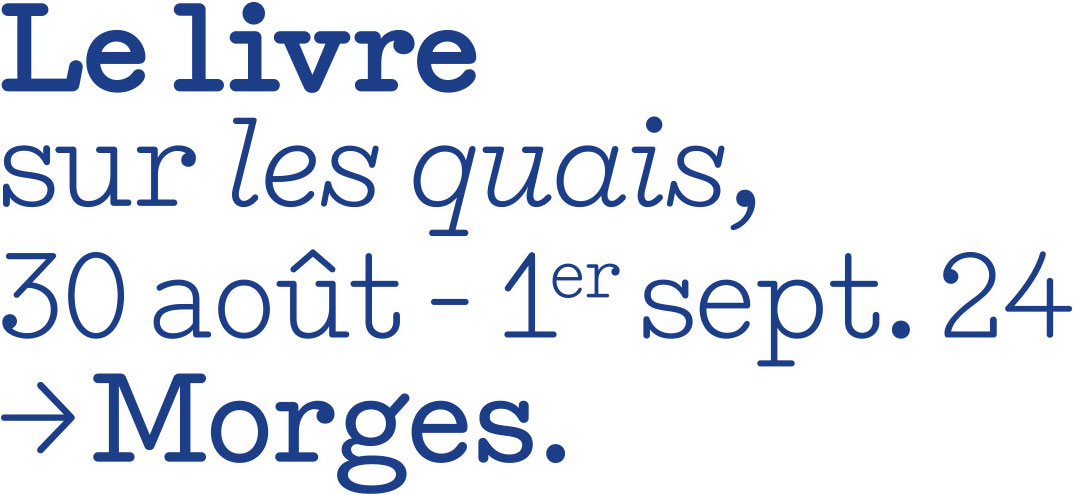Le père de Juliet c’est moi
Chaque mercredi, un auteur nous dévoile son univers
I played Capulet, Juliet’s dad, when I was sixteen in a youth theatre production of Shakespeare’s Romeo and Juliet at the Old Vic Theatre in London. Really, I wanted to be Romeo: we all did; only the Nurse among the girls wanted to be in the play about a Nurse sorting things out instead of the one about Juliet falling in love; we all wanted the attention of being the ones to be loved. We didn’t like Romeo, who played it flaunting himself, and so we liked it when the first night came and all our jealous dreams about him came true. It happened like this: the Inner London Education Authority who organised us to put on the set text for schools had one of those days – like the one in Rosencrantz and Guildenstern Are Dead – when you flip a coin and it keeps coming up Heads: they only booked in girls’ schools. On the opening night we had an audience of a thousand teenage girls screaming their heads off in derision at Romeo trying to get past the line – O sweet Juliet, Thy beauty hath made me effeminate. Well, he was a bit limp, but we didn’t mean for them to tear him apart. He was like a mouse panting in the spotlight under an enormous black cat stretching out its claws from the darkness. Of course, they were only sharing that they all knew about first time nerves ending in impotence – it was part of the sex education we all got out of the play at school – but contempt for a performance not coming up to scratch can be cruel. It started with giggles – which in girls are infectious – and became the roaring sound of a mob starting to enjoy it, ready to pounce and kill anything that moved across the stage if it even opened its mouth. No one wanted to go on – not Capulets, not Montagues – none of the boys, not one of the girls. And seeing it from the audience point of view it must look funny when instead of making an entrance the actors get pushed on to the stage struggling in their costumes. Everyone was getting killed out there. It was blood all over the stage. Until I came on as Juliet’s dad, and grabbed her by the hair, ripped her dress open, and threw her across the room for disobeying me and meeting a boy. I even remembered to glare at Juliet’s mum, daring her to say anything (she didn’t have a line there, so she just turned away). You could hear a pin drop, the silence of Juliet sobbing. And that’s when the penny dropped. The dirty secret about who I was and what was going on for all those girls – I was my dad, jealously guarding the burgeoning sexuality of my teenage sisters against those lurking boys, and they, out there in the dark, were all my daughters, because what was going on in my house was going on in theirs. It was out of the closet, the dirty secret of sexual jealousy and violence between fathers and daughters, made public by the silence that surrounded it – the pin drop, the sobs. Now when I write, that experience of becoming my father to play Capulet informs the way I make characters. And the public silence of 1000 London teenagers has always sounded more thunderingly truthful to me than applause.
Gabriel Gbadamosi
